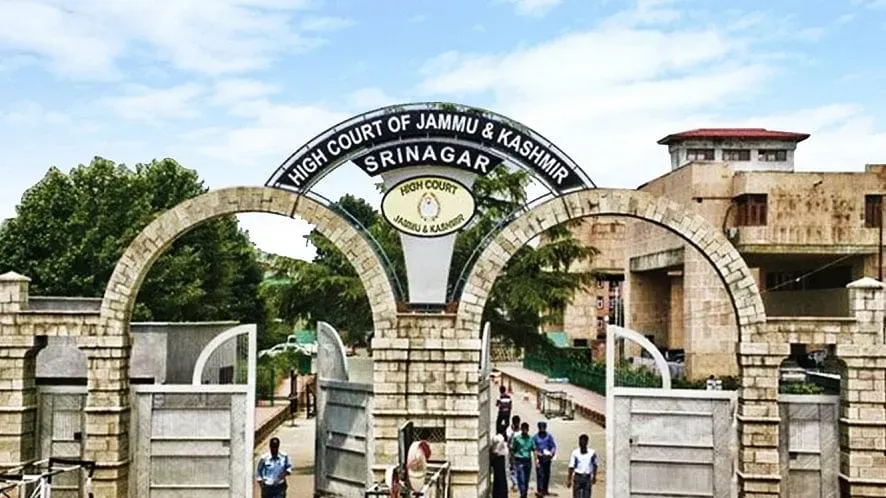Case Background: The case originated from the unfortunate death of Atta Mohammed Khanji, a laborer who died while unloading irrigation pipes in Doda district. Khanji was employed by a contractor for a Public Health Engineering (PHE) project, earning a monthly wage of Rs. 10,000. His widow, Sakina Begum, sought compensation under the Employees' Compensation Act, 1923, leading to an award of Rs. 7,58,240 plus 12% interest per annum by the Assistant Labour Commissioner (ALC) of Doda.
State's Appeal: The State challenged the ALC's decision, arguing that they were not liable as the deceased was employed by a contractor, not directly by the State. The State's counsel, Mr. Amit Gupta, contended that the award was flawed due to the non-joinder of the contractor as a necessary party and the lack of valid proof of Khanji's income. Additionally, the State claimed no notice was issued to them under Section 10 of the Act.
Respondent's Argument: Sakina Begum's counsel, Mr. Sheikh Altaf Hussain, argued that the State was the principal employer under Section 12(1) of the Act. He presented evidence that the deceased was engaged in work directly benefiting the State, making the principal employer liable for compensation even if the contractor was not included in the claim.
Court's Observations: Justice Mohammad Yousuf Wani, after evaluating the arguments and evidence, noted that both parties acknowledged Khanji's employment by a contractor hired by the PHE Division. Witness testimonies confirmed Khanji's involvement in unloading pipes for the department. Justice Wani emphasized the provisions of Section 2(1)(e) and Section 12 of the Act, which hold the principal employer accountable for compensating workers hired through contractors for tasks integral to the principal employer's business.
Legal Precedents: The Court referred to the precedent set in Thirthamurthy v. Radha (2003), which affirmed the right to claim compensation against either the principal employer, the contractor, or both. Additionally, Section 12(2) of the Act allows the principal employer to seek indemnification from the contractor in such cases, ensuring the principal employer's ability to recoup compensation payments made to workers from the contractor.
Government Contracts and Insurance: The Court suggested including clauses in government and semi-government tender notices to prompt contractors to secure insurance policies for their employees. Such measures would facilitate timely compensation payments to affected workers and allow contractors to benefit from insurance schemes during compensation proceedings.
Judgment: Justice Wani dismissed the State's appeal, deeming it meritless, and upheld the ALC's award. The Court directed the immediate release of the deposited compensation amount to Sakina Begum and allowed her to pursue execution proceedings for any remaining unpaid compensation before the ALC.
Conclusion: This ruling by the Jammu and Kashmir and Ladakh High Court reinforces the principle that principal employers are liable for compensating workers' deaths, even if the workers are engaged through contractors. The judgment underscores the importance of the Employees' Compensation Act in protecting workers' rights and ensuring accountability among principal employers.
Implications: This decision has significant implications for employers and contractors, highlighting the need for clear contractual terms regarding liability and the importance of securing insurance for workers. It also emphasizes the judiciary's role in upholding workers' rights and the broader objectives of the Employees' Compensation Act.
By ensuring that principal employers cannot evade responsibility for compensating workers hired through contractors, the Court has reinforced the legal framework protecting labor rights. This judgment serves as a reminder to employers to comply with their obligations under the law and to adopt practices that safeguard the welfare of their workers.
In summary, the Jammu and Kashmir and Ladakh High Court's ruling affirms the principal employer's liability in cases of workers' deaths, promoting justice and accountability in employment practices.










0 Comments
Thank you for your response. It will help us to improve in the future.